R.E.A.L.
Relationships, Explicitness, Ability, Learning for Life.

R.E.A.L.
Relationships, Explicitness, Ability, Learning for Life.
Exciting Times for Reading at Yarrabah -Jimmy Marnell
Book Recommendation(s):
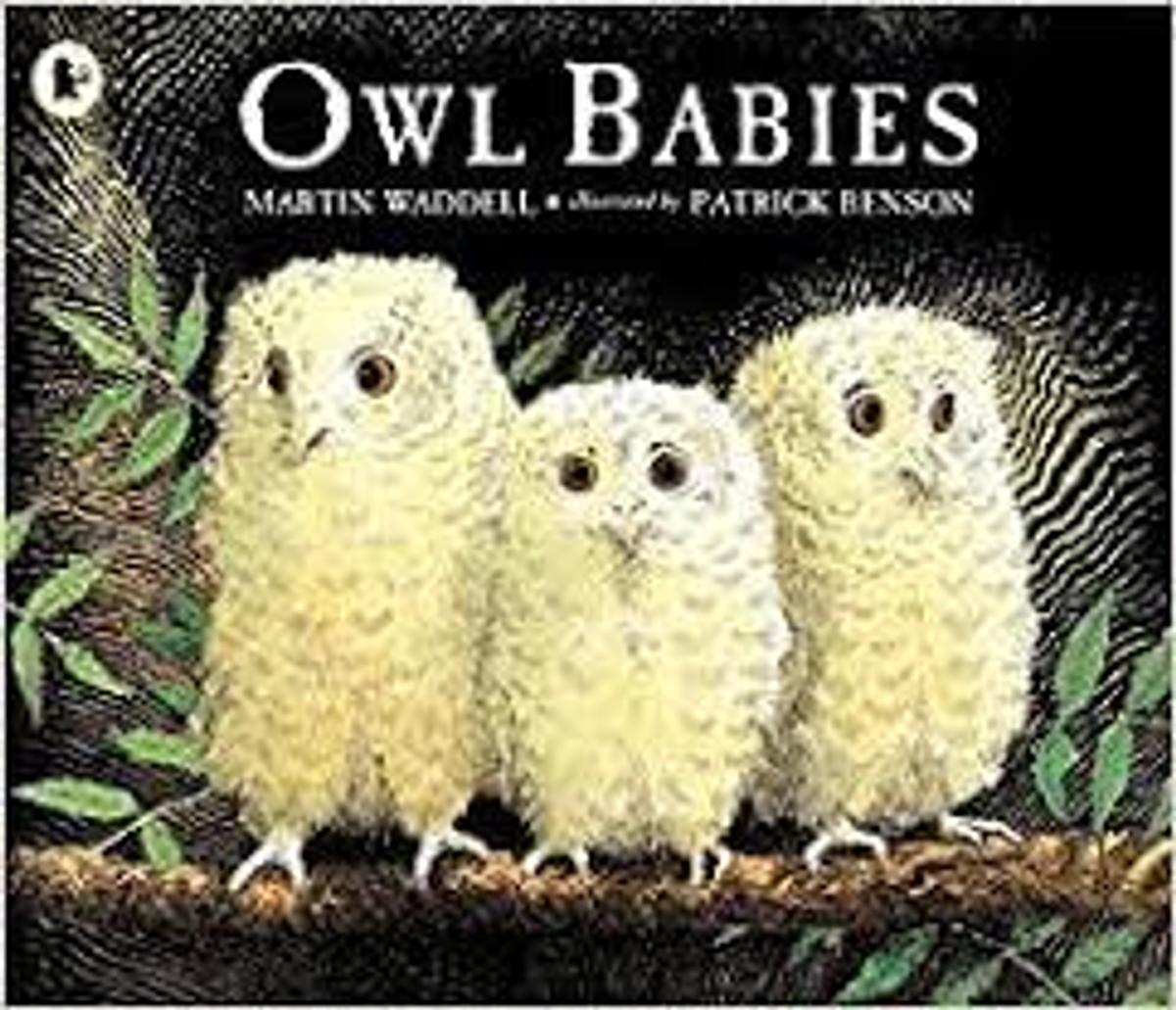
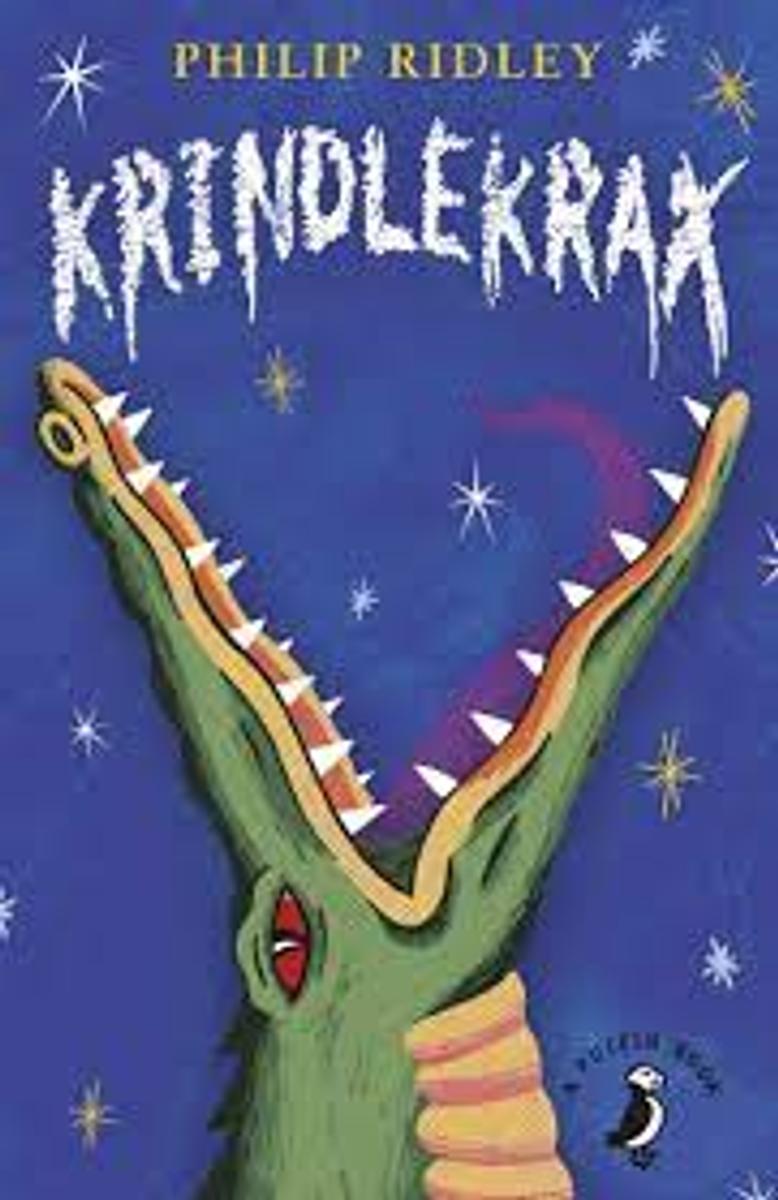


One book that I love to use in the classroom is a story called Krindlekrax by Philip Ridley. It is the story of a boy, Ruskin Splinter, who may not look like your typical hero, but turns out to be the saviour that Lizard Street needs when a dangerous monster emerges.
https://www.youtube.com/watch?v=E8li001X9a8
My son’s favourite book at the moment is Owl Babies by Martin Waddell. It is a beautiful picture book about some baby owls who worry that their mom isn’t coming back for them, but *Spoiler Alert* of course she returns!
https://www.youtube.com/watch?v=TPQRiSTYFHo
Over the past few weeks, educators across all sections of Yarrabah have been meeting to talk about our approach to reading. It has highlighted all of the wonderful things that we do to teach students to read and has opened discussions about The Big Six of Reading and how we can become united in a consistent, evidence-based, school-wide approach to support learners in their reading journey as we enter 2022.
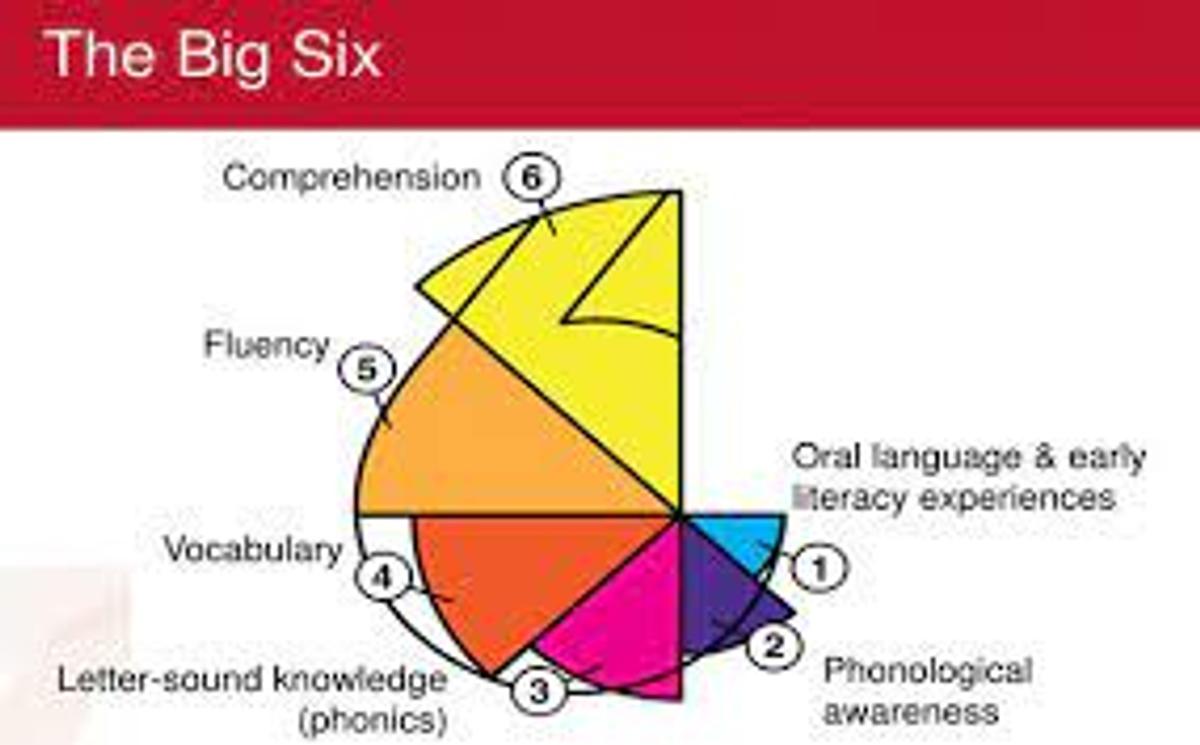

The Big Six of Reading incorporates six different components of reading that children need to be taught and practiced throughout the day, both in school and at home. These six components are:
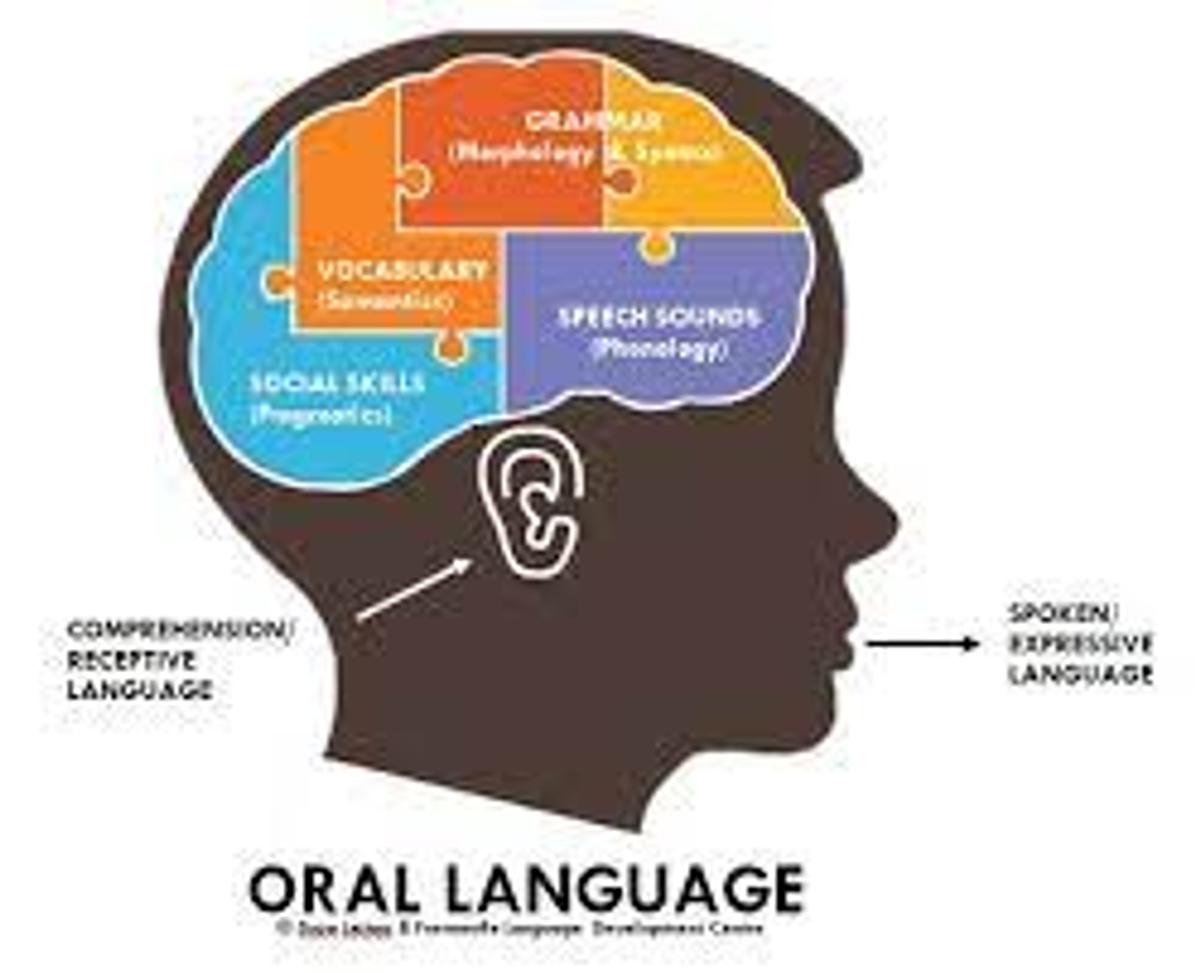

Oral Language Development and Early Literacy Experiences
From birth, a child is exposed to language experiences and those who are surrounded by rich and increasingly complex conversations have an overwhelming advantage in vocabulary development, understanding the structure of language and hearing the different sounds that make up the English language.
At Yarrabah, we expose students to literacy experiences throughout the day including: Morning Circle sessions across the school where students share what they have been up to on the weekend and discuss what is coming up that day; retelling stories with puppets and other props in EEP; and following and giving instructions through functional work skills programs in Upper Secondary.
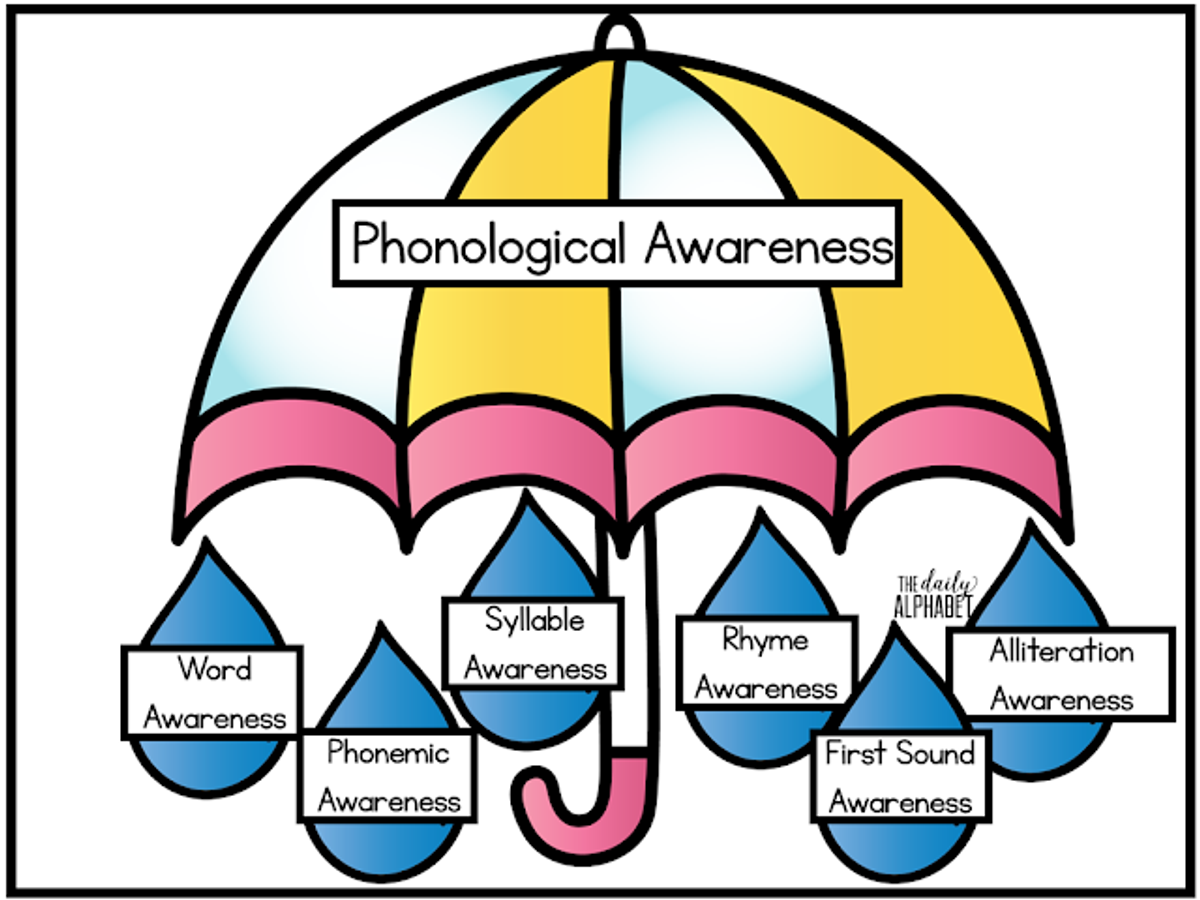

Phonological Awareness
Phonological Awareness is the skill of being able to tune into the individual sounds of speech, including letter sounds (phonemes), syllables and rhyme.
At Yarrabah, we teach phonological awareness across the school including: clapping and stamping out syllables in Middles; identifying compound words through games in Lower Secondary; as well as reading and sharing rhyming stories in all sections.
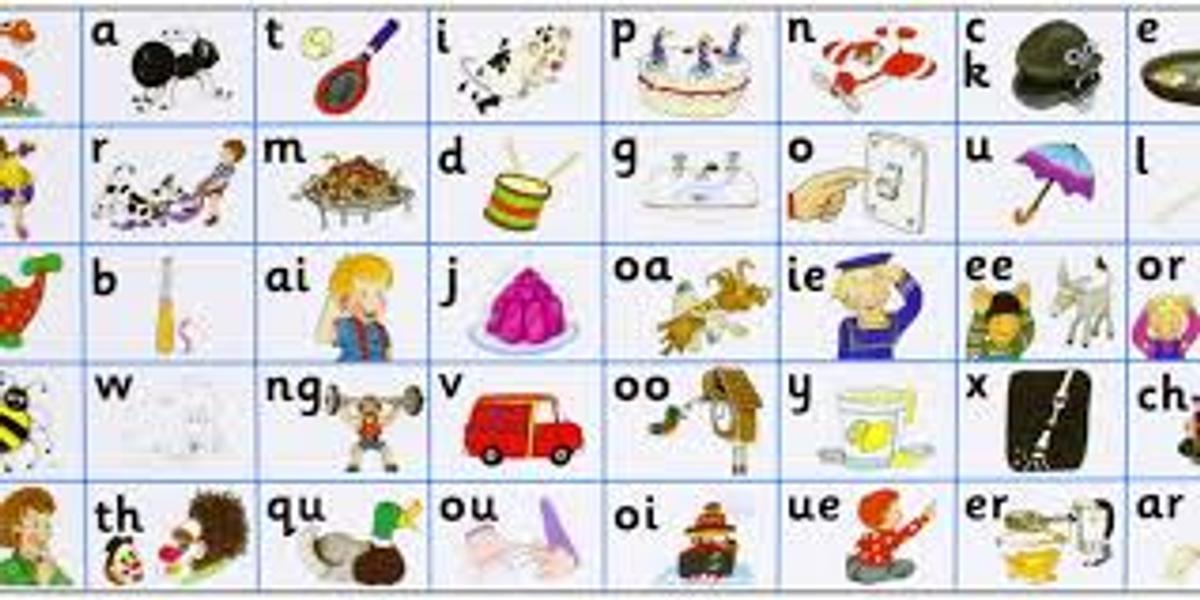

Phonics
Phonics is where students start to learn the relationships between those sounds they explore through phonological awareness (phonemes) and the letters that represent them in words (graphemes). Evidence tells us that phonics should be taught explicitly step-by-step so that students encounter and begin to use more and more phonemes to tackle increasingly complex words.
At Yarrabah, we incorporate this element of explicit phonics instruction through: Jolly Phonics books and songs in all sections; letter boxes in Upper Junior where students pull out a letter and find objects around the room that start with the phoneme it represents; and making CVC words using concrete resources in Lower Junior.
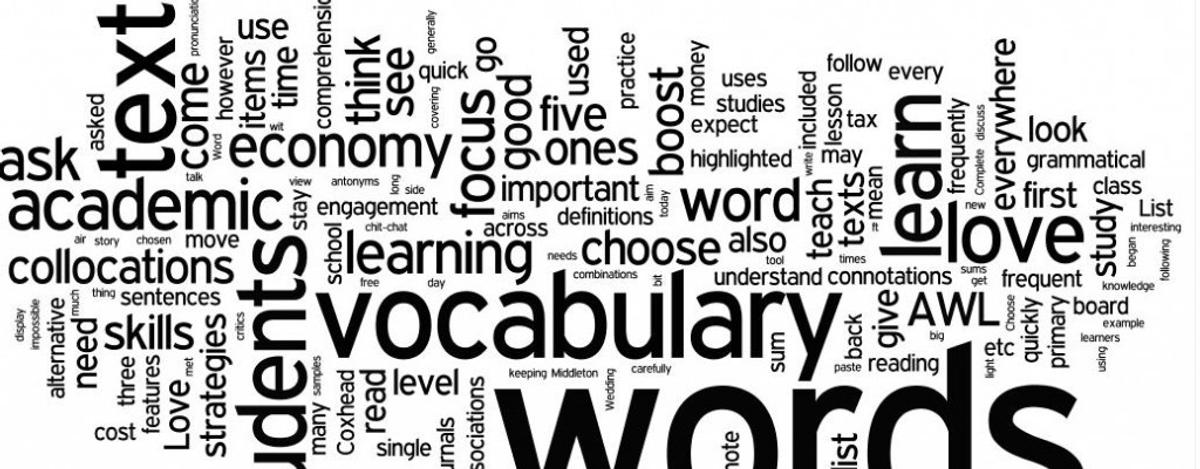

Vocabulary
Exposure to lots of different words and discussing their meaning increases a child’s range of vocabulary. We can build children’s vocabulary through engaging in rich discussion, reading and discussing new words they encounter and by challenging them to develop their sentences further e.g. “I can see a bird”, “Yes, you can see a big, yellow bird”.
At Yarrabah, we love learning about new words and incorporate this into our reading program through: the use of themes to expose children to a plethora of new vocabulary in EEP; developmental play in the primary school where students learn new vocabulary to use in different play contexts; and word walls in Upper Junior to display new vocabulary that children learn and use themselves.
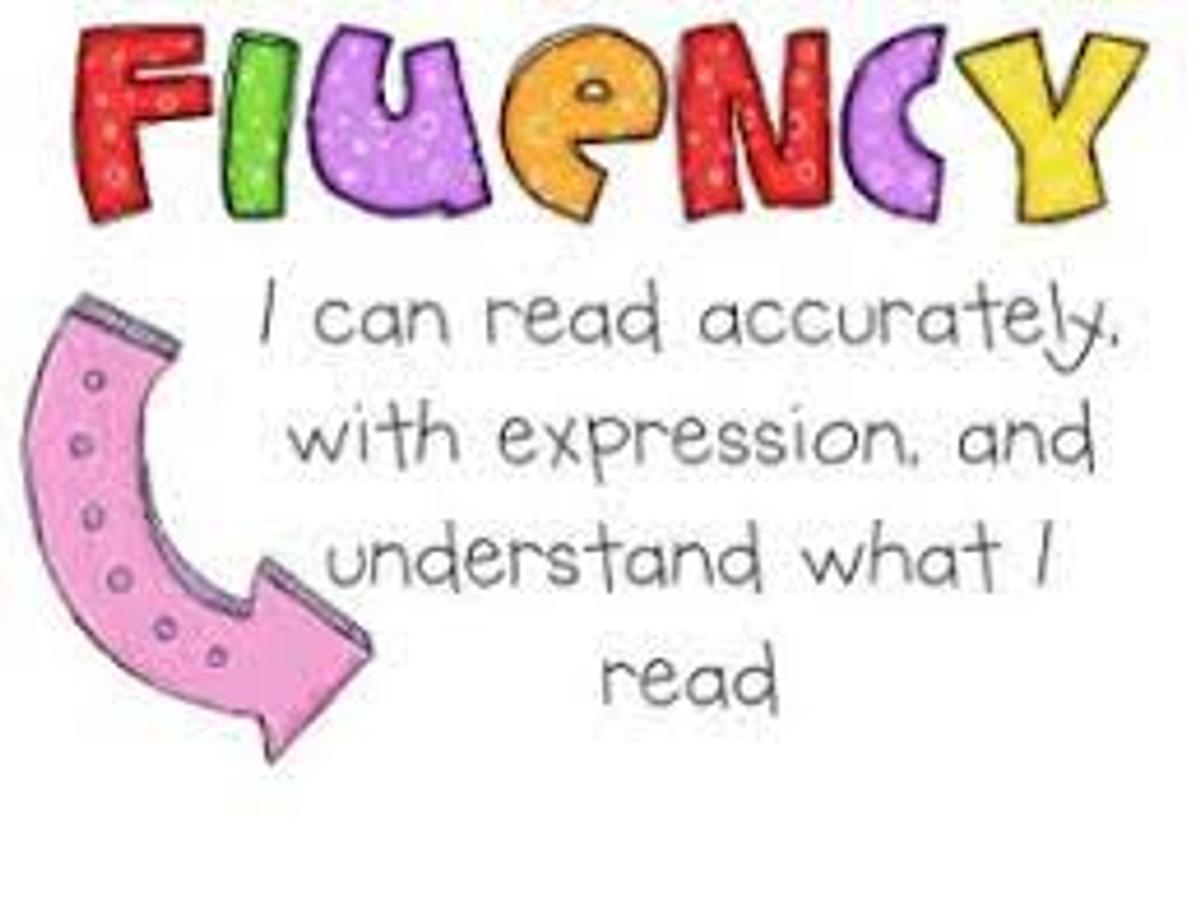

Fluency
Fluency is where all the hard work that goes into learning to read starts to pay off. When students become more automatic in their phonological awareness and application of phonics, they spend less of their thinking energy on decoding the words and can focus on reading for meaning and pleasure. Fluency is not just how quickly a person can read, it includes appropriate phrasing and intonation.
At Yarrabah, we embrace that all students are at different stages in their reading fluency so adapt our teaching to suit all levels such as: asking children to re-read a story after it has been read together in Lower Junior; and discussing and asking children to clarify timetables and work schedules in Upper Secondary.
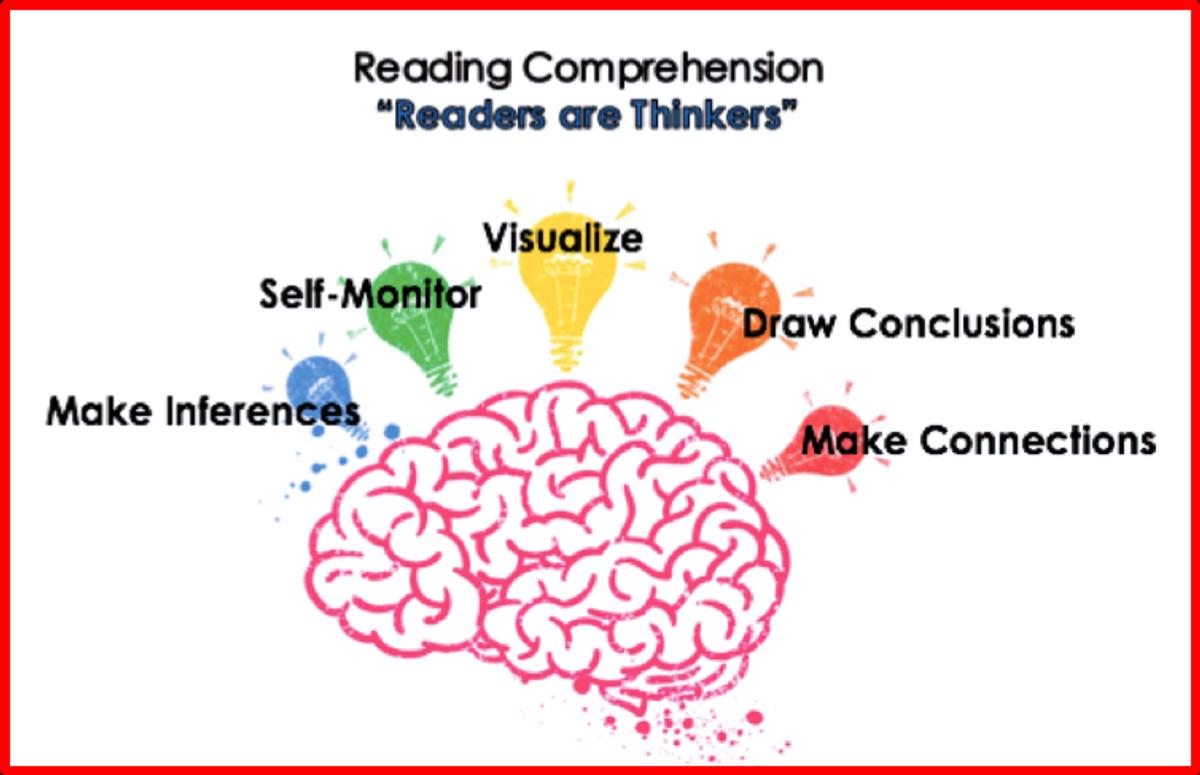

Comprehension
Comprehension is the ultimate goal of reading. In order to fully understand and gain meaning from a text, children must be able to identify the words and what the words mean. They also need to understand how sentences work and how to navigate a text. They should have some background knowledge (e.g. if the story is about the beach, they need to know what a beach is and what they might find there) and reasoning ability required to sometimes ‘read between the lines’ and interpret information that is implied rather than written on the page.
At Yarrabah, we support children in their journey towards reading comprehension by: using the Matt & Molly program to make predictions and summarise through the use of picture visuals in Upper Junior, by reading aloud a story as a class and responding to questions together throughout the school, and the use of colourful semantics to structure responses in Lower Secondary.
As you can see, learning to read is complex but can be incredibly fun and give students important skills that will allow them to experience reading for pleasure and understand the world around them. Now that we have collated all of this important feedback and data, we aim to establish a Literacy Working Team moving forward who will represent all sections in developing a consistent approach to teaching Reading at Yarrabah. We are looking at options for different programs with a focus on phonics instruction that allows us to incorporate all of the other important components of reading instruction that will engage and support students throughout the school, from EEP right up to Upper Secondary.
In the meantime, please continue to surround your children with books and stories at home, whether they be hard-copy books, e-books or just stories that you tell together. Here are some top tips to create a reader-friendly home:
Here is a link to some great strategies that might help with supporting your children with reading at home: Literacy And Numeracy Tips To Help Your Child.
We would love to hear any feedback from you regarding what your child loves about reading both at home and in school as it will only help us to make Yarrabah’s approach to reading even stronger and more engaging. Please feel free to get in touch: james.marnell@education.vic.gov.
Ability